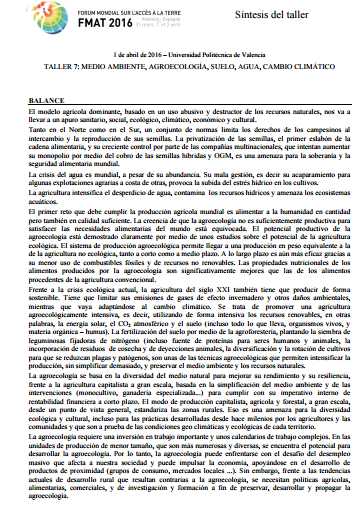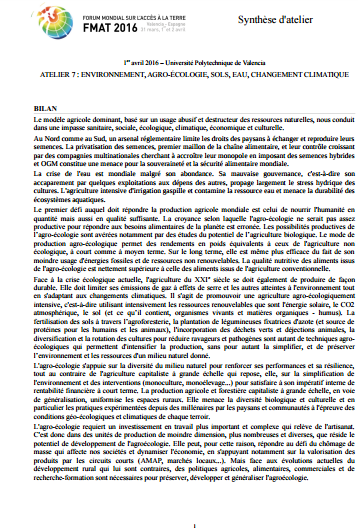Agriculture and climate change: An agenda for negotiation in Copenhagen
Agriculture and climate change are inextricably linked. Agriculture is part of the climate change problem, contributing about 13.5 percent of annual greenhouse gas (GHG) emissions (with forestry contributing an additional 19 percent), compared with 13.1 percent from transportation. Agriculture is, however, also part of the solution, offering promising opportunities for mitigating GHG emissions through carbon sequestration, soil and land use management, and biomass production.




